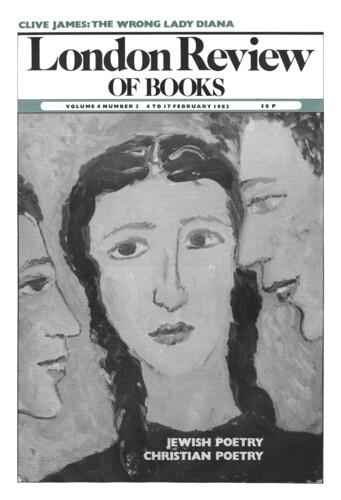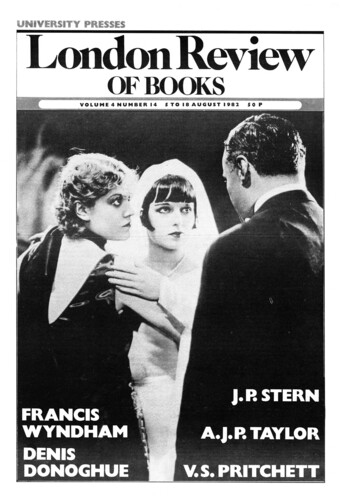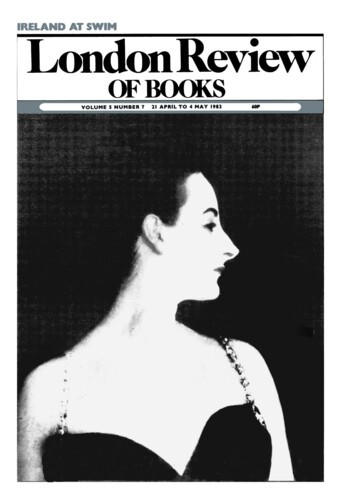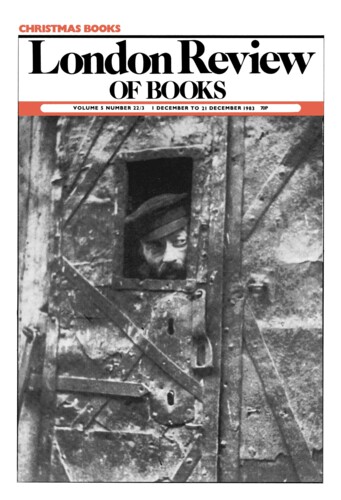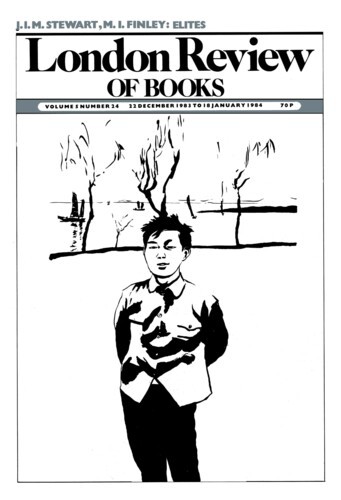Romantic Ireland
Denis Donoghue, 4 February 1982
It is good to have the second volume of Sean O ‘Faolain’s short stories. The first brought together seven stories from Midsummer Night Madness (1932), 14 from A Purse of Coppers (1937), and 13 from Teresa, and Other Stories (1947). Now the second has ten stories from The Stories of Sean O’Faolain (1958), 11 from I remember! I remember! (1961), and ten from The Heat of the Sun (1966). In the Preface he wrote for the Penguin Stories of Sean O’Faolain (1970) he said that 30 stories were all he had to show, or all he was content to show, for more than thirty years of story-writing. One thinks, he said, of George Sand turning out volume after volume while never once neglecting a love affair, never missing one puff of her hookah. Well, no matter, O’Faolain has done many other things and written many other books besides his collections of stories. He has been, he is still, a man of letters, a novelist, biographer, autobiographer, historian, critic. But his short stories have a special place in the affections of those who care for good writing.
